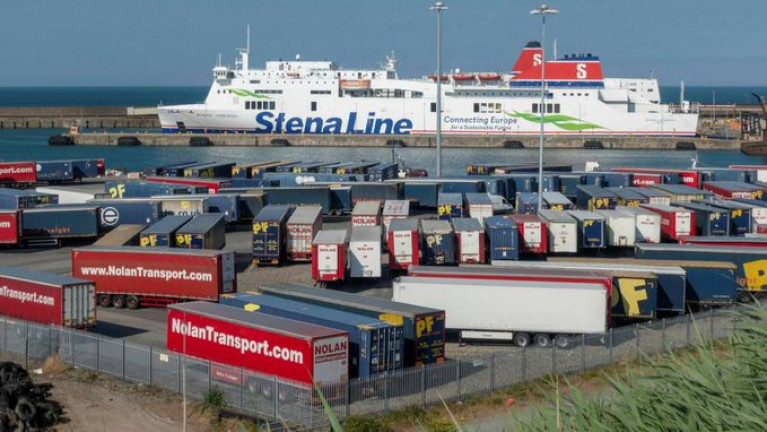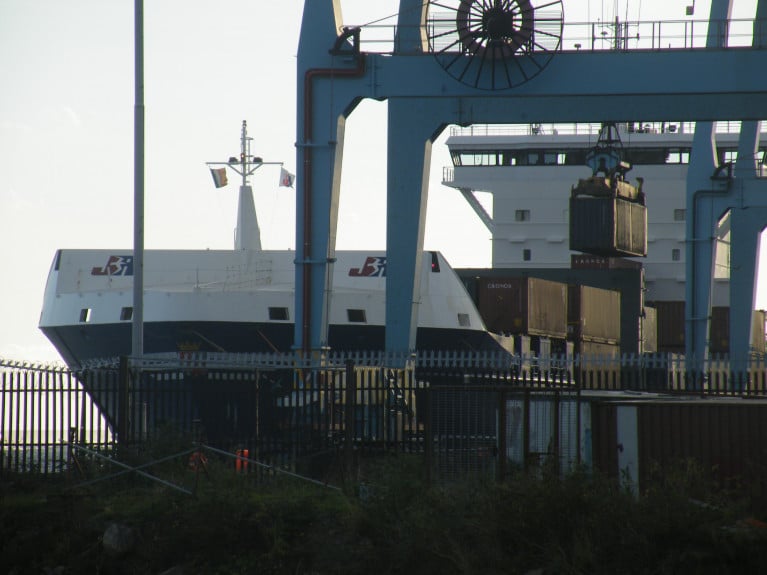Displaying items by tag: Exporters
Uncertainty in global markets, energy and supply chain issues and skills shortages were among the top challenges cited by exporters ahead of Enterprise Ireland's International Markets Week.
As RTE News highlighted, 600 EI client companies are expected to take part in 1,800 export focused one-to-one engagements with Enterprise Ireland Market Advisors at the event which will happen in-person this year for the first time since 2019.
A survey of client companies in advance of the event found that 84% plan to enter new export markets over the next year with over 90% saying they expected to grow their exports, despite ongoing market uncertainty and concerns around as supply chains, energy costs and inflation.
Around three in five said their export sales had increased this year while around a third said they had remained stable.
For around two thirds of companies, growing their overseas market presence was their biggest priority for the year ahead.
Of those planning to enter new markets next year, one-third said North America was the priority destination for them in 2023, with 27% prioritising Europe and one-in-five citing the UK (see, EI's trade visit last year to Port of Liverpool /region).
Click here for further reading on the trade and export story.
Concerns from Exporters Ahead of New Brexit Regulations
There have been concerns expressed about the state of readiness among Ireland's exporters for the next batch of post-Brexit regulations which are due to come into effect in October.
At the moment, products coming from the UK, which is now a non-EU country, can be subject to customs and other checks when they arrive into Irish ports.
From 1 October, the process will also apply for goods going in the other direction.
The new checks will relate to any produce which is of animal origin and will mean that exports will need to have export health certificates before entering the UK.
The Minister for Agriculture, Food and Marine Charlie McConalogue has encouraged producers and exporters to do all they can to get ready for the new regime.
However, some in the sector are worried that the new UK certification system and inspections will lead to delays and extra costs.
Kieran Tracey of Nolan Transport, now one of Europe’s biggest transport companies, with food and other agricultural products accounting for a large percentage of its transit business, said there needs to be more "conjoined thinking" between the different Irish State agencies involved in checking exports.
The opening weeks of the post-Brexit era saw delays for haulage companies as they dealt with the new round of paperwork and checks, he said, and more headaches could be looming.
More can be read from RTE News here.
The Irish Exporters Association (IEA) has welcomed the publication of the Government’s ambitious National Economic Recovery Plan 2021.
The Association, which has long called for an economic restart plan in the wake of Covid-19, believes that the Plan is a key part to the country’s route to a future steeped in sustainable growth, trade and investment.
Yesterday’s announcement bridges the gap of uncertainty that has loomed over businesses small and large for too long and gives businesses direction for longer term planning, which has been overshadowed by world events.
Chief Executive of the Irish Exporters Association Simon McKeever commented: “Exporters have faced untold challenges over the past year with both Covid-19 and Brexit simultaneously altering supply chain operations and trading routes. Yesterday’s announcement will be met with relief, albeit challenges remain and alterations in how businesses trade may become permanent arrangements.
Ensuring that there is a balanced and inclusive recovery as set out in the Plan is appreciated. There is a real opportunity for altered working arrangements to achieve better regional development and indeed contribute to achieving national climate targets.
We particularly welcome that the Plan embraces sustainability and includes it among the four pillars. Decarbonisation is fundamental to achieving the national and indeed the EU aim of carbon-neutrality by 2050. Actions must be taken now to achieve this and the opportunity of reinvigorating the Irish economy through the National Economic Recovery Plan is an apt opportunity.”






























































